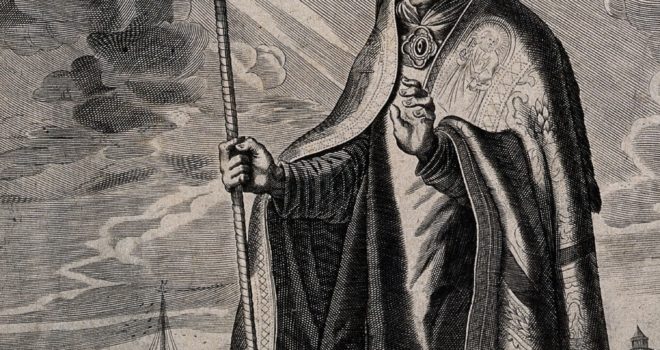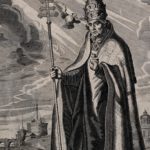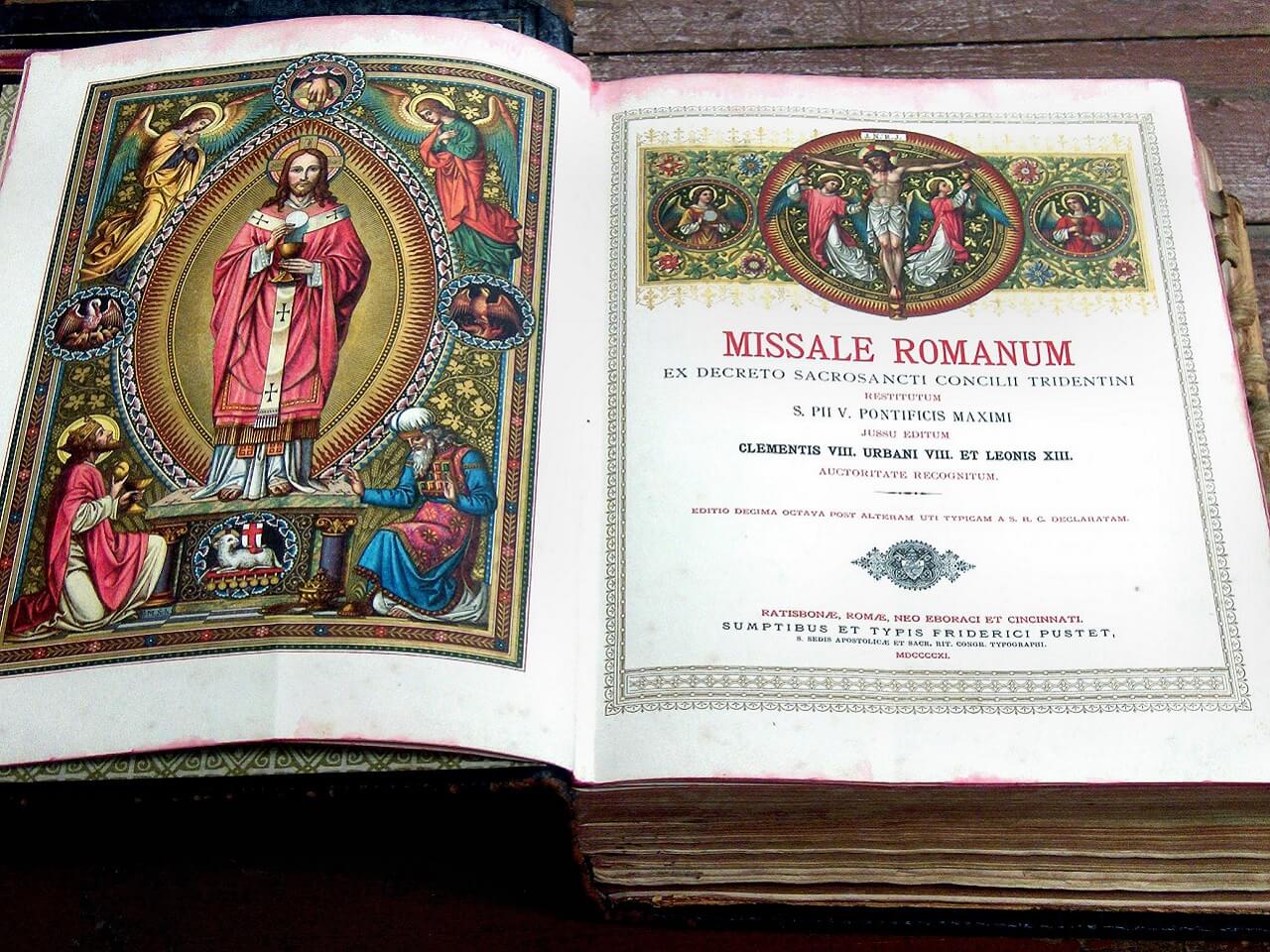St. Gregory the Great
St. Gregory the Great was born around 540 AD into a noble Roman family with a strong Christian heritage. After an early career in public service, Gregory chose to dedicate his life to God, converting his family estate into a monastery and becoming a monk. His deep spirituality and leadership qualities led to his appointment […]



St. Gregory the Great was born around 540 AD into a noble Roman family with a strong Christian heritage. After an early career in public service, Gregory chose to dedicate his life to God, converting his family estate into a monastery and becoming a monk. His deep spirituality and leadership qualities led to his appointment as the Pope’s ambassador to the Byzantine court and later, in 590 AD, his election as Pope.
As Pope, Gregory faced numerous challenges, including political instability, famine, and plague. Despite these difficulties, he worked tirelessly to reform the Church and strengthen its spiritual and administrative foundations. Gregory is credited with developing Gregorian Chant, a form of liturgical music that deeply influenced Western Christian worship.
Gregory was also a prolific writer, producing works on pastoral care, liturgy, and morality. His most famous work, “The Pastoral Rule,” became a key text for clergy, emphasizing the importance of humility, compassion, and dedication in pastoral ministry. Gregory’s papacy was marked by his efforts to care for the poor, organize charitable efforts, and spread the Gospel.
St. Gregory the Great passed away in 604 AD and was later declared a Doctor of the Church. His legacy as a reformer, theologian, and compassionate leader continues to resonate throughout the Catholic Church.
Practical Lessons:
- Lesson 1: Lead with Compassion: St. Gregory’s life teaches us the importance of leading with compassion, whether in our families, workplaces, or communities. His dedication to caring for the poor and addressing the needs of his people reminds us that true leadership involves serving others with empathy and kindness, especially in difficult times.
- Lesson 2: Embrace Continuous Improvement: Gregory’s commitment to reforming the Church shows the value of continuous improvement in our own lives. Whether it’s improving how we manage our responsibilities or how we relate to others, Gregory’s example encourages us to regularly assess and refine our actions and attitudes to better reflect our faith and values.
Prayer to St. Gregory the Great:
O God, who care for Your people with gentleness and rule them in love, through the intercession of Pope St. Gregory, endow, we pray, with a spirit of wisdom those to whom You have given authority to govern, that the flourishing of a holy flock may become the eternal joy of the shepherds. Through Christ our Lord. Amen.
Other Saints We Remember Today
St. Pius X (1914), Pope
image: Saint Gregory the Great. Engraving by A. Hogenberg After David Teniers the Younger, Public domain, via Wikimedia Commons














